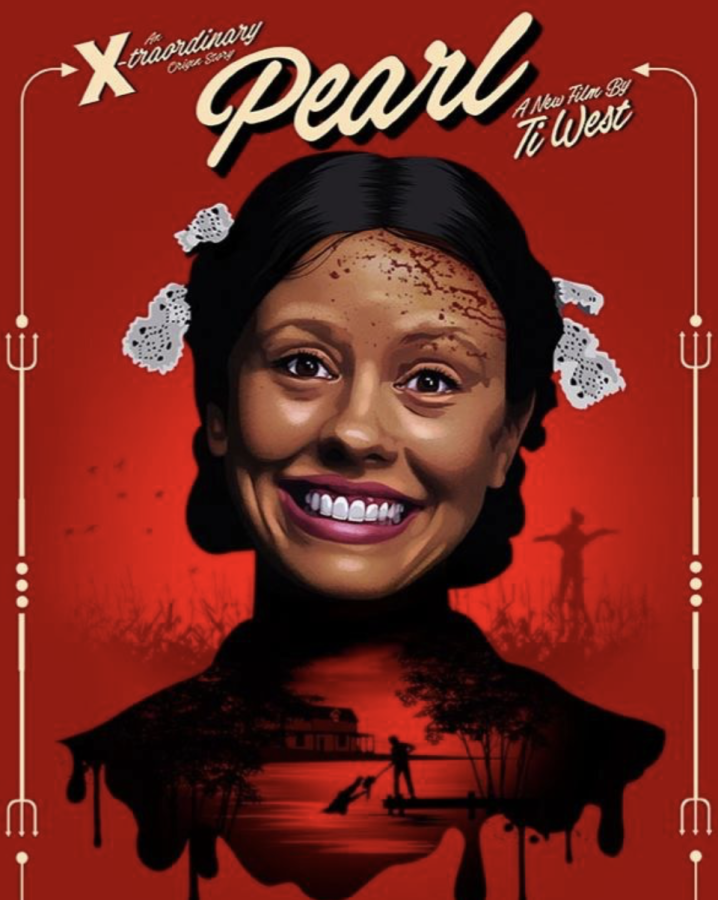The 95th Oscars nominees are out, and horror films are notably missing
February 1, 2023
Screaming, crying and entrails being ripped out. Horror movies have been around since the Silent Era. From “The Cabinet of Dr. Caligari” to the “Scream” franchise, films that show the scarier side of humanity have become a staple of mainstream cinema. Despite their enduring popularity, many Oscar enthusiasts question why the Academy often excludes horror films from its nominees. With Mia Goth’s recently perceived Oscar “snub,” people have been openly asking what the Academy is so afraid of.
Horror movies show us the things that are harder to look at. Whether that’s a decapitated head with spider legs attacking you or a girl being relentlessly bullied by her peers, these are the films that don’t shy away from difficult subject matters. The Academy has not completely ignored horror movies, though; “The Silence of the Lambs” is still the only horror film to win Best Picture and “Get Out” won Jordan Peele an Oscar for Best Original Screenplay in his directorial debut. But, other than that, horror is a genre that is noticeably left out of the awards show.
IMDb shows that there are only 16 horror films that have won Oscars, with the last horror film win being “The Wolfman” in 2010. In her interview with Jake Hamilton, Mia Goth said, “I think it’s very political…A change is necessary. A shift should take place if they want to engage with the wider public. I think it would be of benefit, really.” Goth also acknowledged that there is more to nominations than just enjoying a good performance. A.V. Club reported that “In 2019, studios spent as much as $30 million per film on Oscar campaigns.” Oscar campaigns are as much an investment as anything else, so it does make sense that studios would want to play it safe with films that are more agreeable to audiences. Horror does have a reputation for garnering controversy with its depictions of graphic, sometimes gratuitous, violence.
After watching clips of Goth’s performance, it’s hard not to go full “Pearl” on the Academy for overlooking her performance. Goth manages to portray loneliness, delusion and absolute homicidal rage in a way that makes you feel for her character and fear that you may be her next victim. The visuals of the film aid in a feeling of eeriness. The bright colors and postcard-like scenes make the farm look homey, that is, until viewers are greeted by the sight of Pearl spearing a duck with a pitchfork, destroying any feelings of safety that the audience may have had. In the film’s foreground is the story of a young woman trapped by the confines of familial obligation who wishes for a better life than the one she has. This is a story that has been retold countless times, the only difference being that the young woman in question expresses her anger. She openly wishes that her whole family “would just die” and throws an impressive temper tantrum when she is rejected at an audition.
The beauty of horror lies in the way that it is so messy, bloody and unfiltered about the human condition. Most mainstream movies, no matter how hard they try, are always a little too polished, too dignified. Sure, it’s always impressive to see an actor melodramatically yell and cry as their character delivers that climactic monologue about wanting to be loved or following their dreams, but horror movies show us fear and anger in its purest, most up-front and ugliest form.












